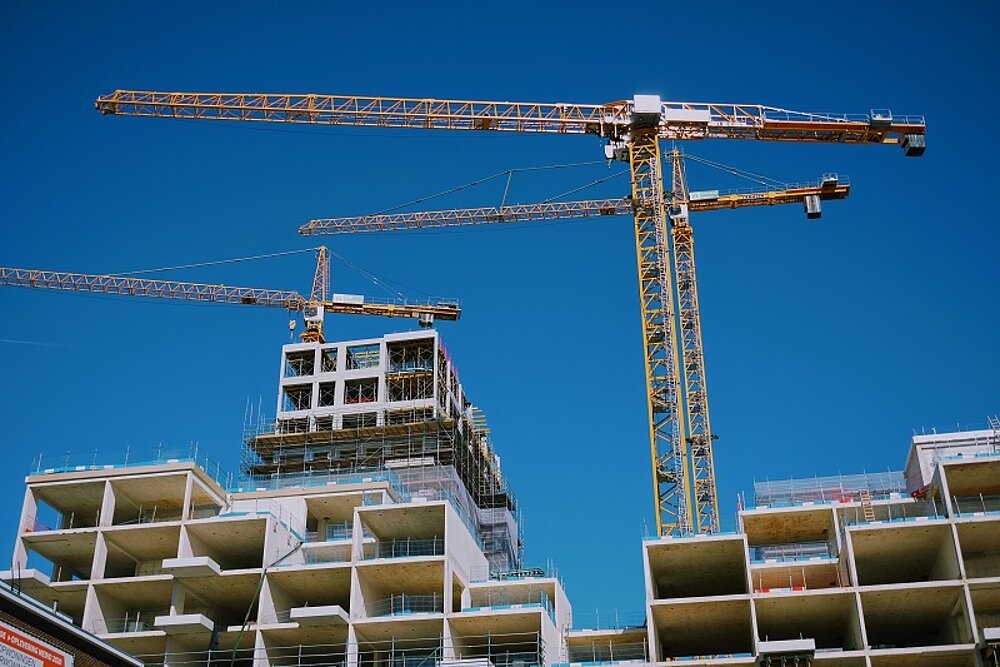Find out today what the legal world will be talking about tomorrow.
14.09.2021
Upcoming changes to the Berlin Building Code - what investors and developers need to know now!

The main topics are the strengthening of climate protection, the promotion of barrier-free accessibility and the sustainable use of building materials. Even though the law will probably not be passed before the upcoming election to the Berlin House of Representatives, investors, builders, and those who want to become one should already prepare for increasing requirements - and costs - in building projects, because one or the other will certainly become law. We have therefore already compiled a brief overview of the most important changes for builders and investors:
- So called type permission for mass-produced system buildings ("modular principle") is to be included in Berlin's building code in order to facilitate and accelerate mass-produced construction, especially for new residential construction. Type permissions from other federal states could then also be implemented in Berlin.
- From January 1, 2024, one-fifth of every new building site will have to be greened. If this is not possible on the open spaces, the greening must take place via the facade or the roof. New roofs with a slope of up to 10 degrees must be greened as a matter of principle from then on.
- In the future, prior to the removal of structures, building owners will be required to prepare a deconstruction plan in preparation for orderly recycling and legal waste disposal.
- In a few years (the date has not yet been determined), each existing apartment must be equipped with its own cold water meter.
- From January 1, 2025, two-thirds of the apartments in new residential construction must be barrier-free, compared with half at present.
- Roof extensions and additions of up to two more floors to existing buildings should be able to be realized without entailing an obligation to install an elevator system.
- In the course of the construction of buildings with more than three apartments, a children's playground must be created and maintained. This was previously only the case for new construction of buildings with more than six apartments.
Criticism of the current draft comes primarily from the associations of the construction and housing industry. In particular, the upcoming obligations for roof or facade greening, the expansion of accessibility and the retrofitting obligation of cold water meters would further increase construction and operating costs. From a legal perspective, the introduction of type approval is particularly welcome. Anyone planning a construction project in the near future should consider the upcoming changes to the building code early on.
Authors



